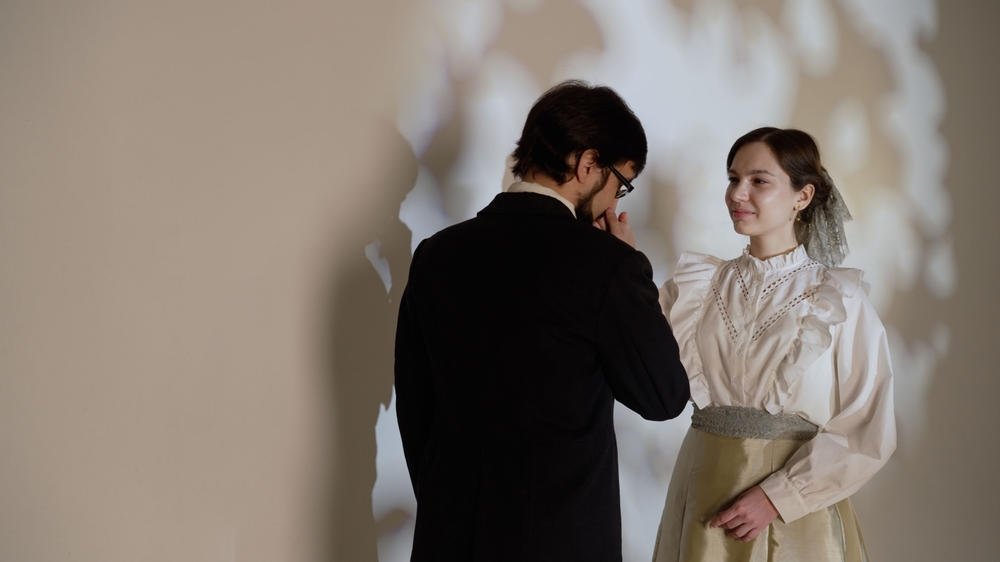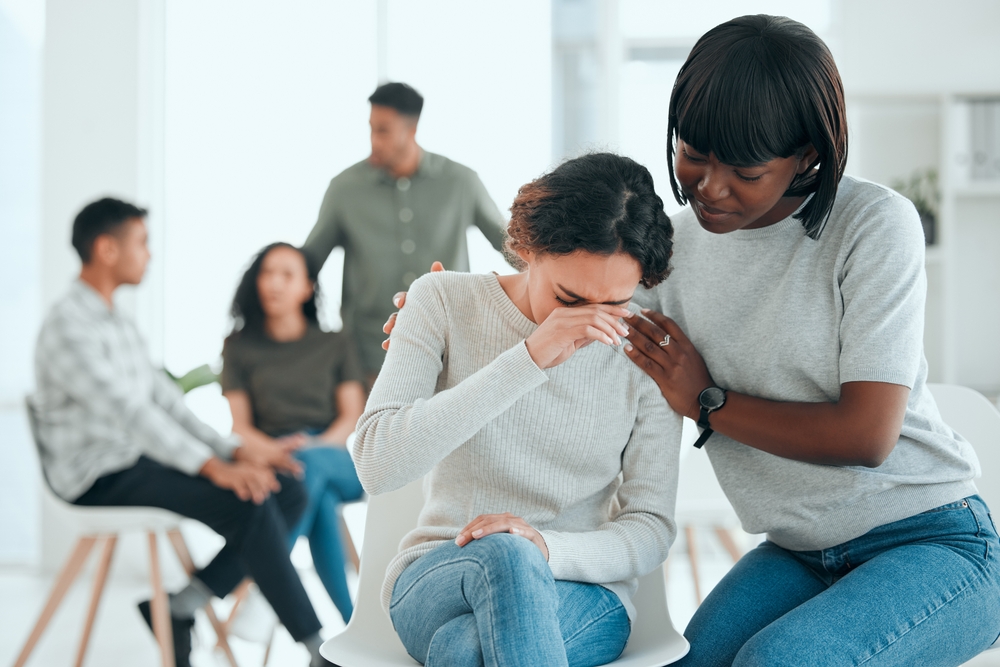Everyone talks about gray hairs, back pain, and forgetting why you walked into a room—but no one prepares you for the slow, strange evolution of your actual personality. Aging doesn’t just show up in your body—it rewires how you think, feel, and relate to the world. The shifts are subtle at first: a friend’s drama tires you out faster, or that one song you used to love now somehow makes you anxious.
And while some of these changes are empowering, others leave you wondering, Who even am I now? You’re not necessarily becoming a different person—just a version of yourself that no one warned you about. Here are 14 personality changes that sneak up on you with age—and make you realize you’re growing, for better and for weirder.
1. You Lose Your Tolerance for Small Talk

According to Dr. Sakshi Chaudhary, a Homoeopathic Physician on Psychologs, many people experience a decline in tolerance for small talk because shallow conversations lack the emotional richness that deeper conversations provide. This shift reflects a desire to conserve emotional energy for meaningful interactions that truly nourish well-being and relationships, as superficial small talk can lead to feelings of loneliness and emotional burnout. The article explains how this change impacts friendships, romantic relationships, and family dynamics by emphasizing the value of profound conversations over surface-level chit-chat.
It’s not rudeness. It’s a shift in what feeds your spirit. You’re conserving energy for the people and conversations that matter.
2. You Get Pickier About Who You Spend Time With

Your social calendar might shrink—but not because you’re antisocial. You simply stop chasing one-sided friendships, chaotic energy, or people who leave you feeling worse than when you arrived. Drama isn’t thrilling anymore—it’s exhausting.
You learn to value quality over quantity. And the idea of forcing connections out of guilt or nostalgia? Not.
3. You Become Less Tolerant of Noise—Literal and Emotional

Noise sensitivity significantly impacts mental health by increasing emotional strain and reducing tolerance to environmental noise. This heightened sensitivity can lead to greater frustration and stress responses, making peaceful environments increasingly valuable for emotional well-being. As explained in a comprehensive review published by the National Center for Biotechnology Information (NCBI) on how noise annoyance is linked to anxiety, depression, and general mental health problems, underscoring the importance of controlling sensory input to protect the nervous system
You’re not becoming boring—you’re becoming selective about what enters your nervous system. Peace becomes the ultimate luxury.
4. You Care Less About Being Liked—And More About Being Respected

A study by Mental Health Coach Darius Cikanavicius highlights that as people mature, their focus often shifts from seeking approval to valuing respect and authenticity more deeply. This transition reflects a growing self-trust and reduced dependence on external validation, which can lead to greater personal empowerment and well-being.
You stop shape-shifting to fit in. And what you lose in approval, you gain in self-trust.
5. You Cry More Easily—At Everything

Commercials. Stray dogs. A good metaphor. Suddenly, your emotions are closer to the surface, and they’re not shy about showing up uninvited.
It’s not fragility—it’s access. You’ve lived enough to know how precious everything is. And your heart responds accordingly. Research published by the National Institutes of Health highlights that emotional experiences and reactivity often become richer and more intense with age, reflecting deeper emotional awareness rather than weakness.
6. You Develop Zero Patience for Bullsh*t

You start noticing it faster: the half-truths, the manipulations, the performative apologies. And instead of staying quiet or second-guessing yourself, you shut it down. Politely, firmly, and without guilt.
There’s something liberating about seeing through the noise. Your inner compass gets sharper with time, and you start trusting it.
7. You Become Weirdly Protective of Your Routines

As noted by the American Psychological Association in their 2020 “Stress in America” report, routines act as essential anchors that help people manage stress by providing stability and a sense of control amid uncertainty, which explains why individuals become protective of their daily rituals—they serve as a nervous system reset and emotional safeguard.
But it’s not about control—it’s about anchoring. Routines become your daily nervous system reset. And yes, you’ll defend them like your life depends on it.
8. You Rethink Old Friendships With Brutal Clarity

That one friend who always made subtle digs? The one who never showed up unless they needed something? Yeah, you suddenly see it for what it is. And you start quietly opting out.
Aging brings a kind of emotional audit. Nostalgia doesn’t override discernment anymore. You love from a distance—and sleep better because of it.
9. You Start Rewriting Your Narratives

The stories you’ve been telling yourself for years—I’m not good at relationships, I always mess things up, I need to be the strong one—start to unravel. You begin to question them. Not with shame, but with curiosity.
Healing sneaks in through self-awareness. And suddenly, you’re not just aging—you’re evolving. With softer eyes and a new script.
10. You Get More Sentimental About Random Things

A song lyric from 1998. An old voicemail. A chipped mug you forgot you loved. Nostalgia starts to hit harder—and more often—than it used to.
It’s not just about memories. It’s about meaning. You start holding onto the little things that tether you to who you were, and who you’ve become.
11. You Outgrow the Need to Constantly Explain Yourself

Someone misunderstands you? That’s fine. Someone thinks you’re difficult? Okay. You stop over-explaining, justifying, or trying to smooth everything over.
Peace becomes more important than being understood. You’re no longer editing yourself for other people’s comfort.
12. You Start Feeling Emotions Physically

Stress isn’t just a vibe—it’s chest tightness, jaw clenching, gut knots. Joy, too, shows up in the body: warmth in your chest, tears in your eyes, goosebumps. Your body becomes a barometer for everything.
You learn to read those signals with nuance. And you stop gaslighting yourself out of what your body already knows.
13. You Get Fiercely Protective of Your Alone Time

Solitude used to feel like loneliness. Now, it feels like a necessary reset. You look forward to it. You defend it. You need it.
Time alone isn’t empty—it’s sacred. And anyone who threatens that time better have a very good reason.
14. You Start Feeling Weirdly Okay With Not Having It All Figured Out

You used to crave certainty and timelines. Now, you start accepting the unknown with a surprising sense of peace. You realize life isn’t a problem to solve—it’s something to experience.
There’s power in surrender. Not giving up—but letting go of the need to control every outcome. And honestly? That kind of peace is the best glow-up of all.
Natasha is a seasoned lifestyle journalist and editor based in New York City. Originally from Sydney, during a stellar two-decade career, she has reported on the latest lifestyle news and trends for major media brands including Elle and Grazia.


